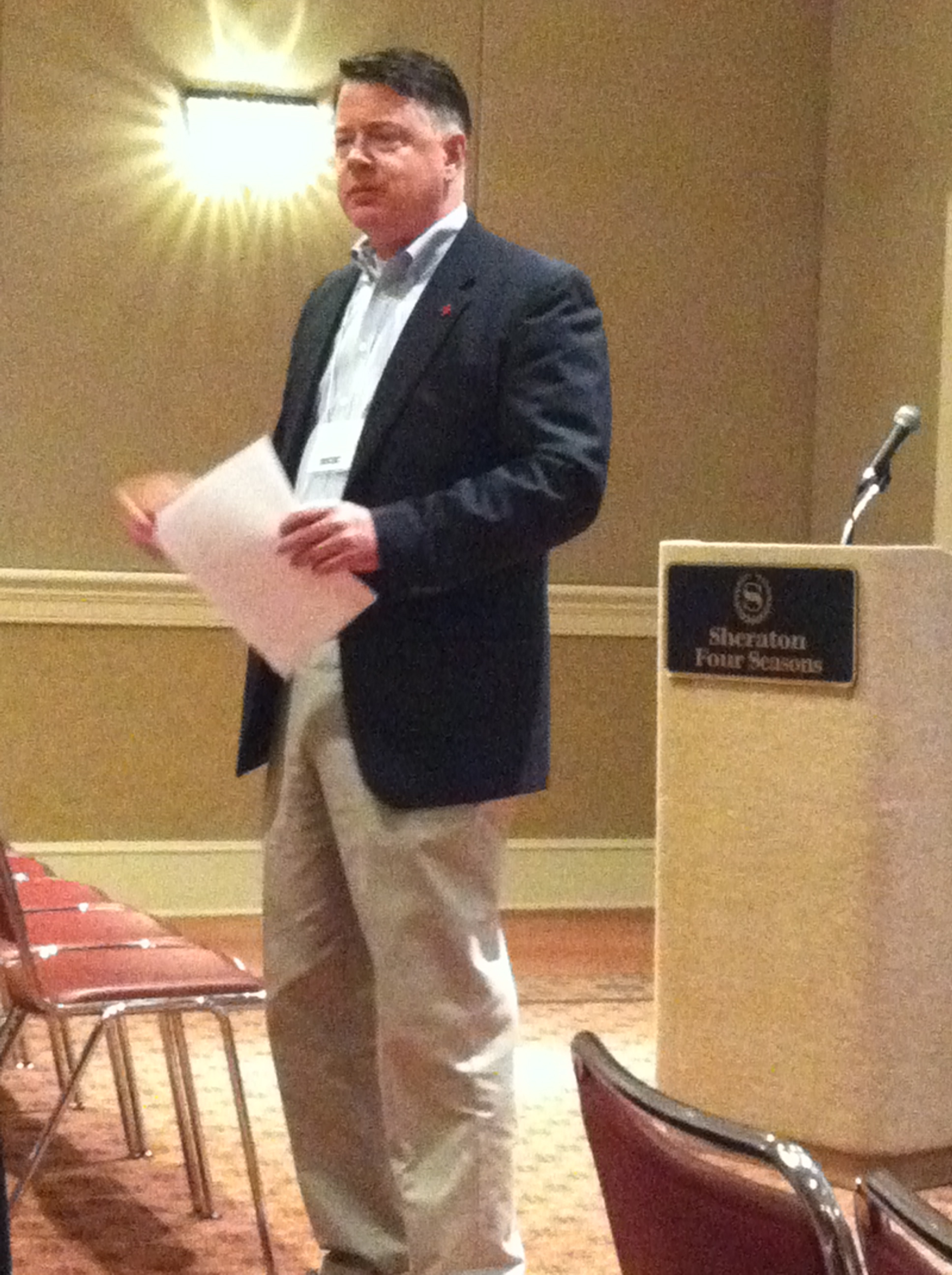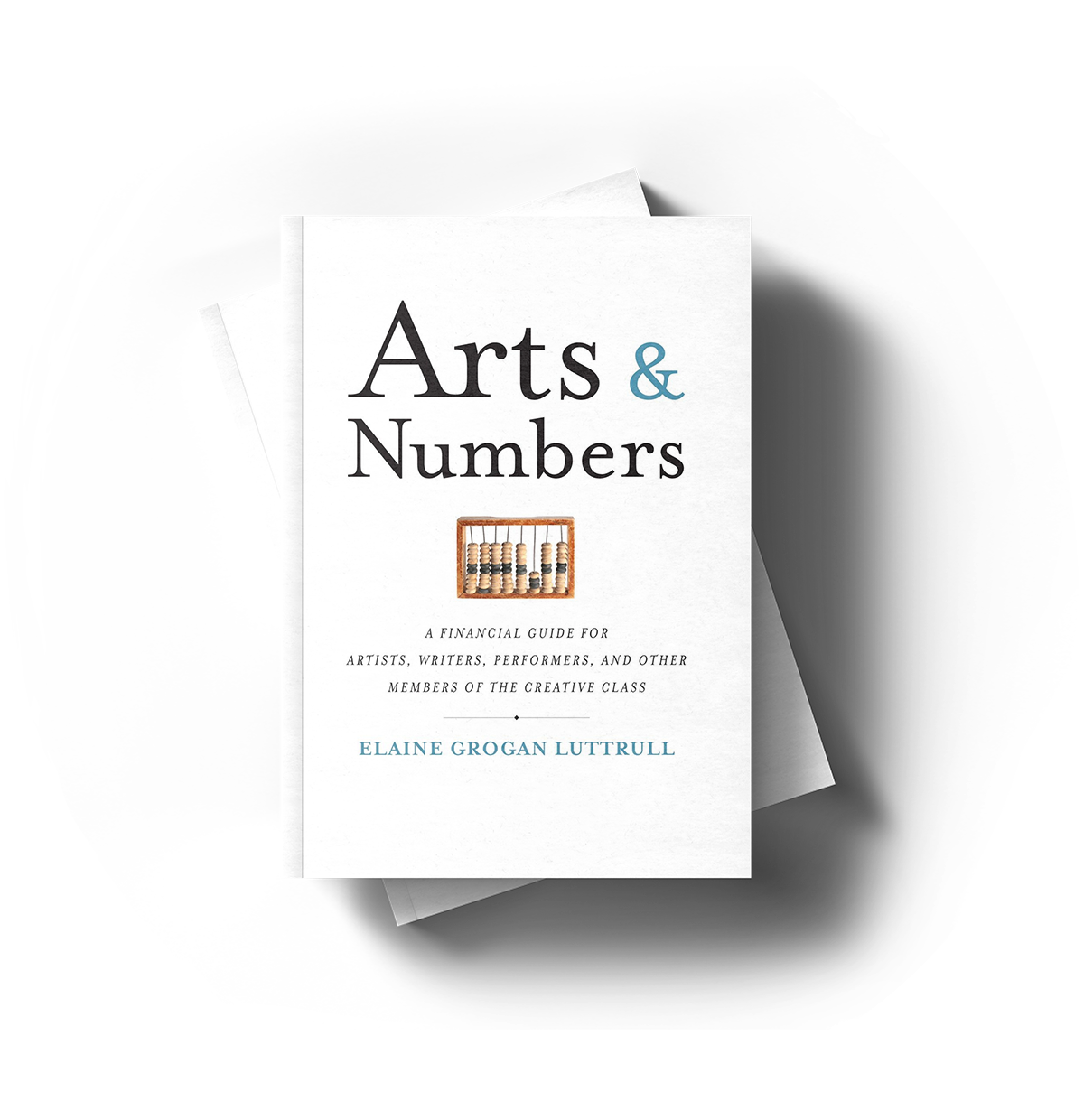November 16, 2013 • Curriculum

I’ve spent the past few weeks gathering my thoughts from the 2013 Southeastern College Arts Conference gathering in Greensboro, and my brain continues to percolate with new ideas. I met tremendous people, we shared fantastic ideas, and I benefited from the experience, expertise, and knowledge of those who have attended many more of these.
I loved presenting my paper, “When I Grow Up I Want to Budget,” and I’m excited for the positive feedback and buzz it generated. It has also turned into two new projects for me… I am always invigorated by the start of new endeavors.
And as ever, the brilliant minds that run CCAD came up with the perfect way to summarize the theme of our panel discussion (led by CCAD’s provost, Kevin Conlon): CCAD + B.
Isn’t it wonderful? Kevin summarized the story behind the acronym, and he has done tremendous work in bringing the “B” (business) to the world of art and design education. He recognized early on something those of use in the world of finance and accounting have long known: A little understanding of business basics goes along way to accomplishing goals, especially creative ones.
How lucky am I to be part of the “B” that supports the incredible art and design students, work, and initiatives percolating at CCAD?
Abstract
When I Grow Up I Want to Budget:
The Connection Between Non-Art Tasks and a Successful Art Career
As far as I can tell, “When I grow up, I want to budget,” was never uttered by a single child. Ever. And yet, managing financial aspects of our lives is central to almost all we do, both personally and professionally. Entrepreneurs—even artistic ones—spend more time than they initially imagine on administrative tasks related to running a successful business. These tasks include engaging with the professional community, attending meetings that may or may not result in work, sending emails and follow-up emails, promoting a professional accomplishment or a show, reviewing contracts, paying taxes, and yes, budgeting. All of these tasks are vital to sustaining a career, and yet our educational system relegates these skills to a fraction of our education, usually in the form of one required professional practice course led by someone with personal experience, but perhaps not business credentials.
This paper will address the importance of introducing students to entrepreneurial and professional practice skills in a more coherent and technical manner to help prepare students for the realities of sustaining a creative career. It will also address what the author has found to be the most effective ways to present these skills to students to maximize relevance and retention.


